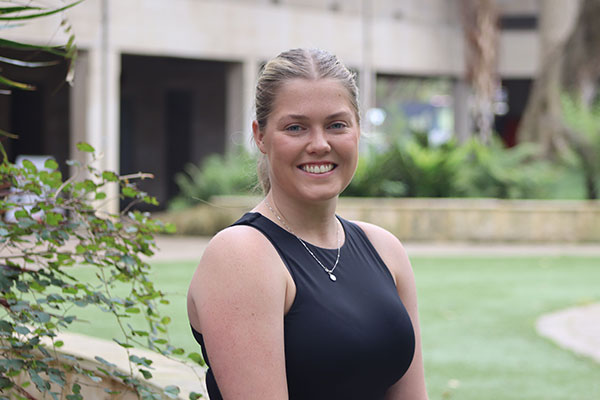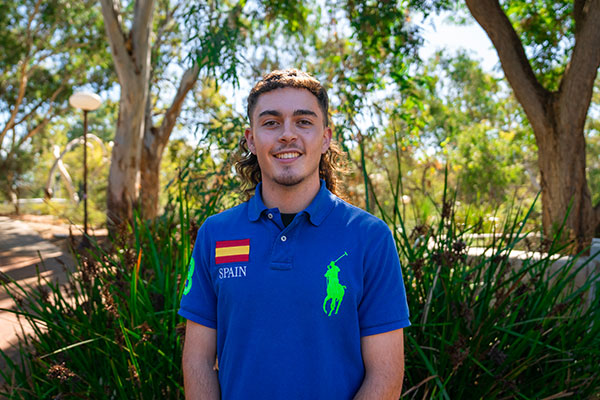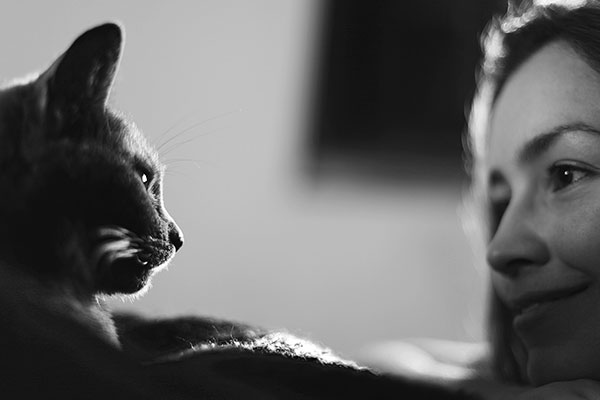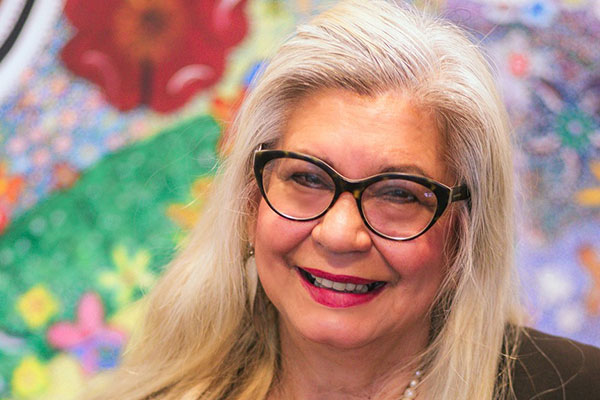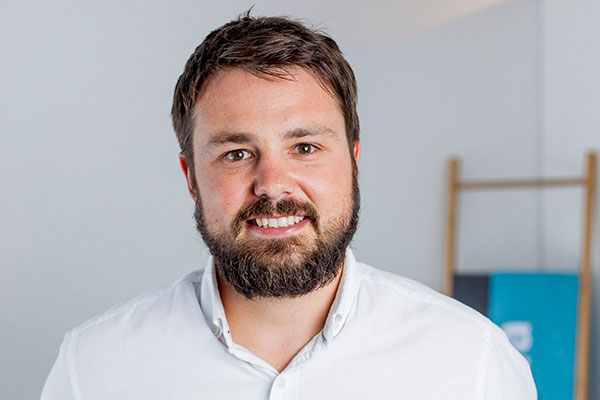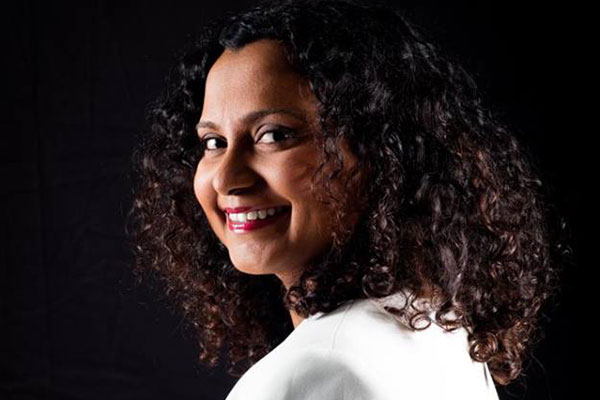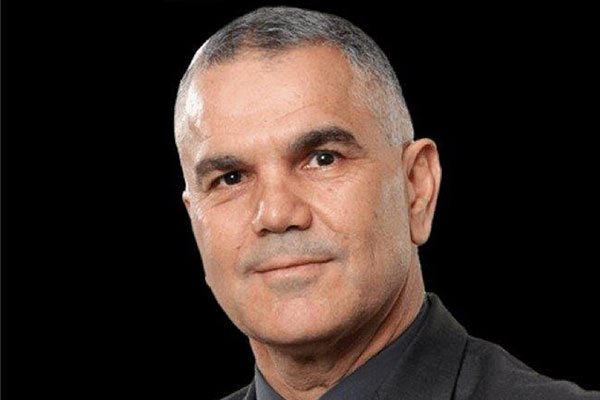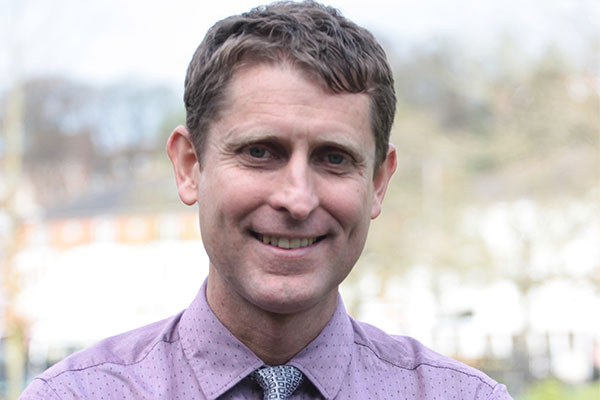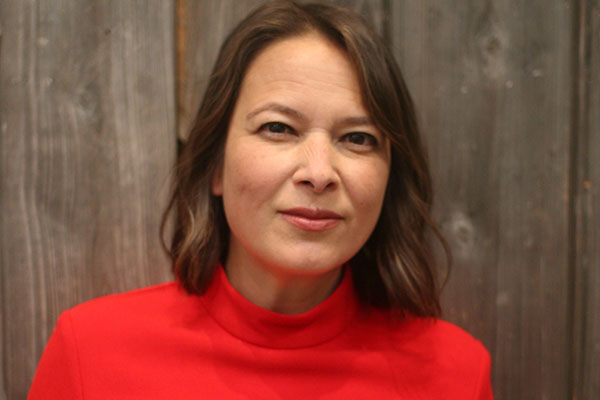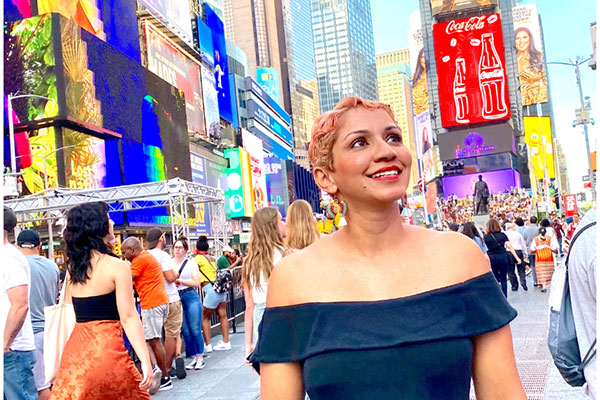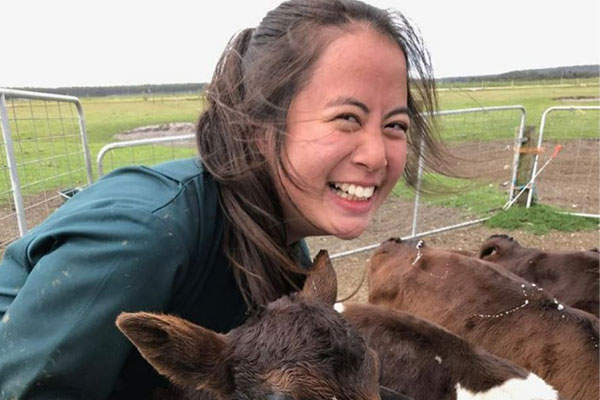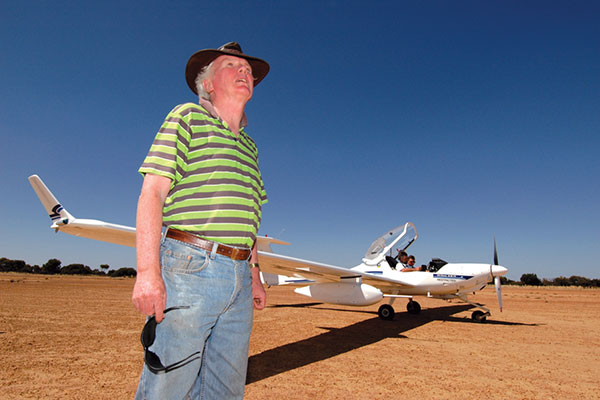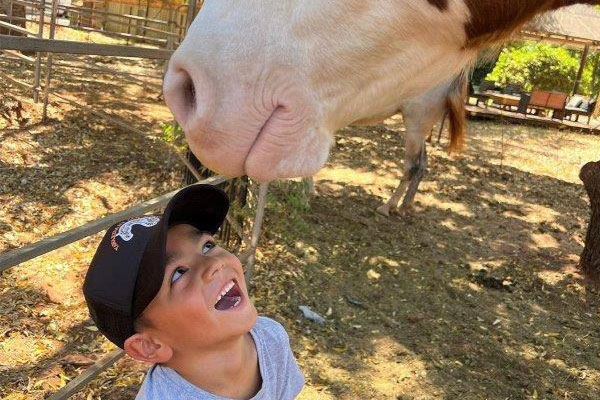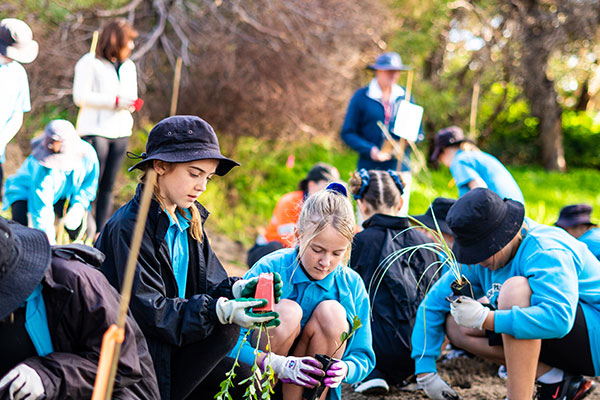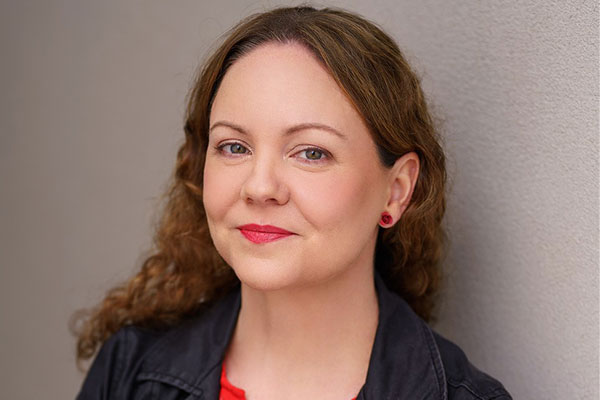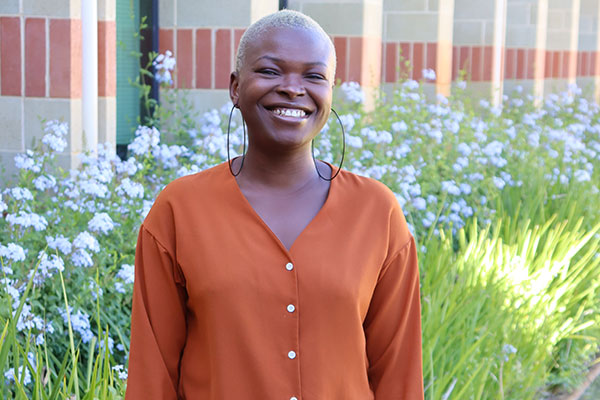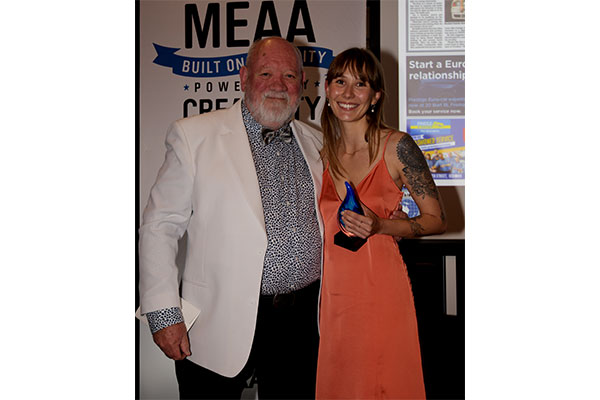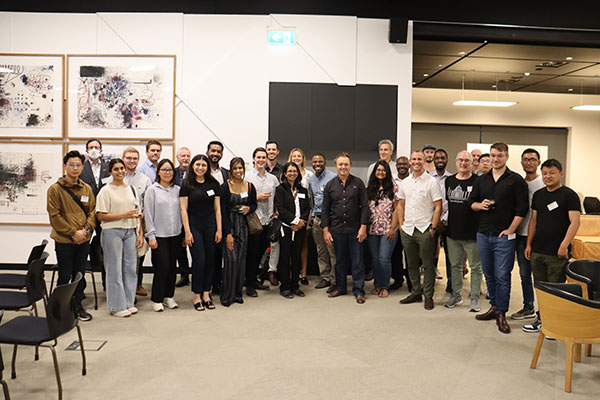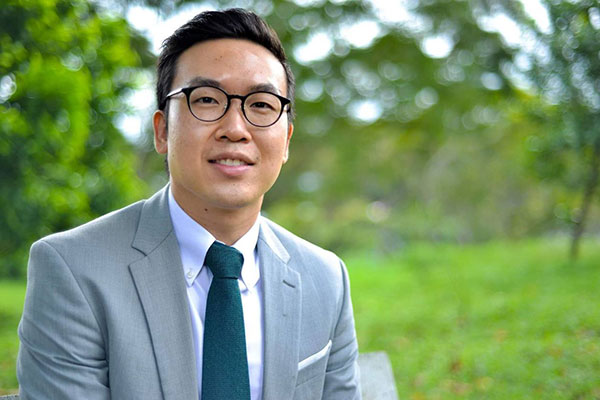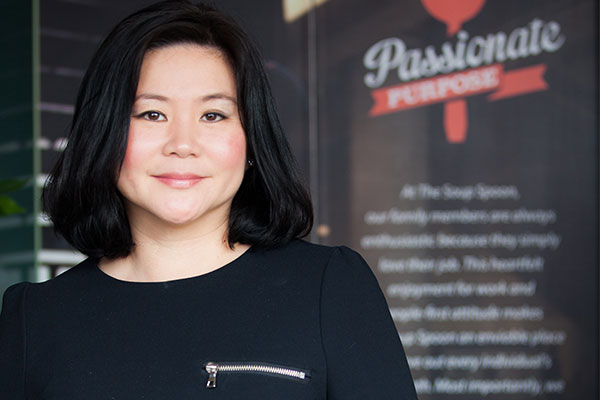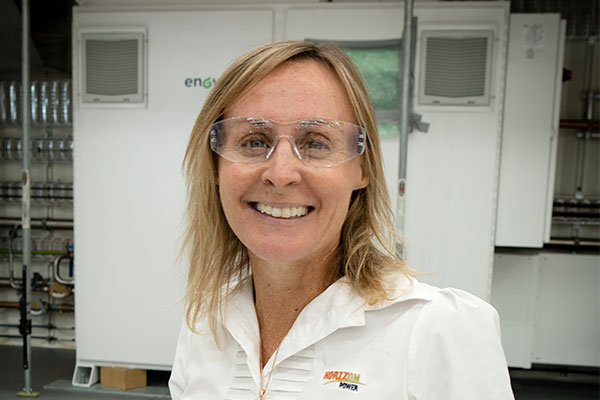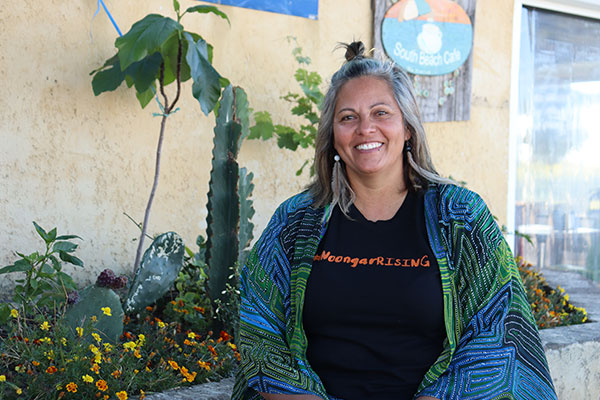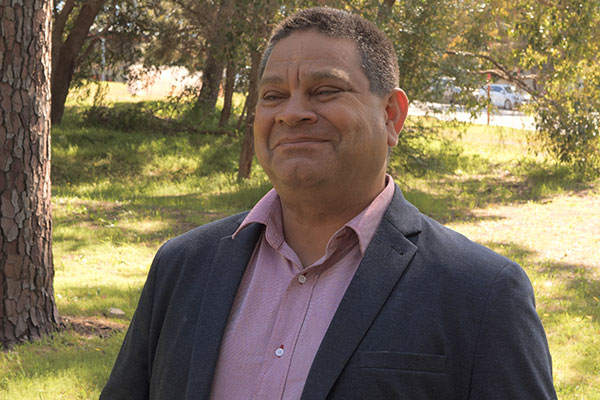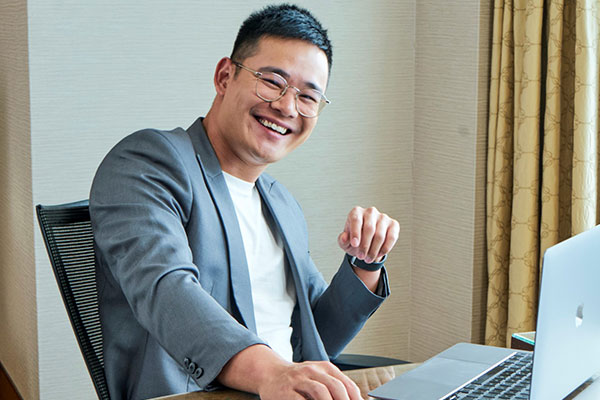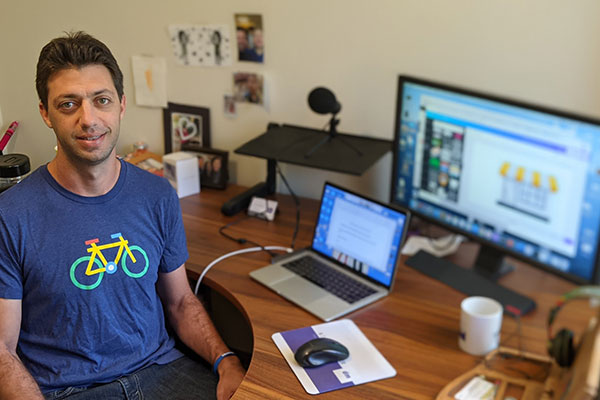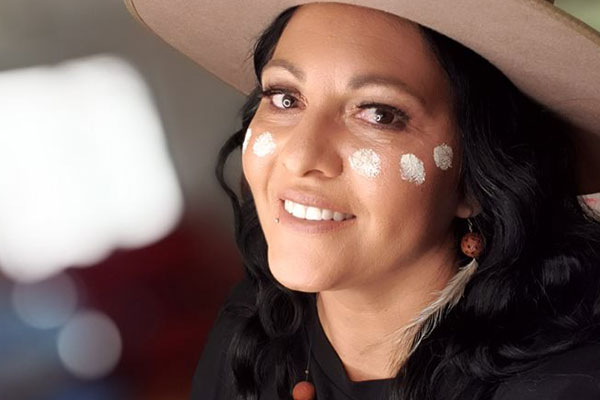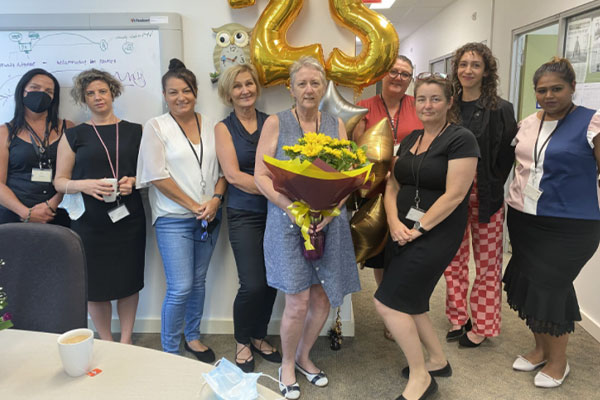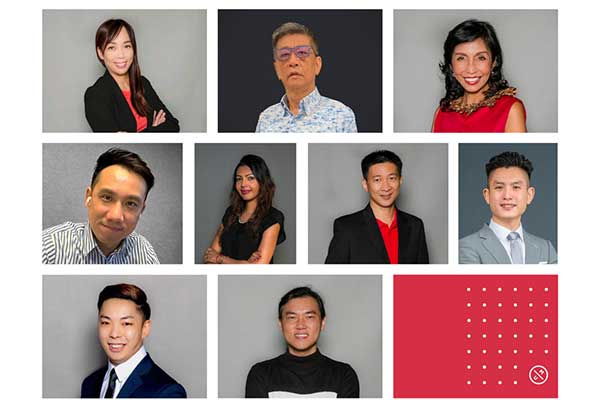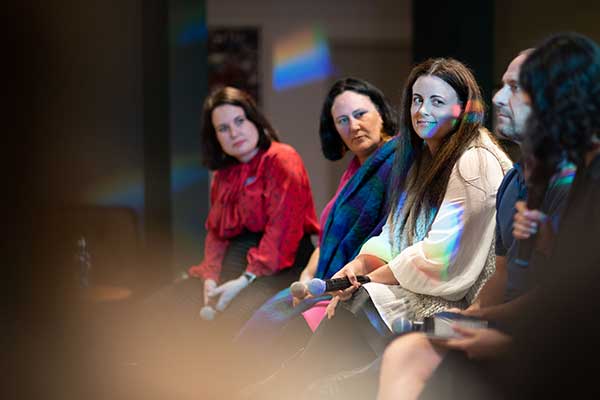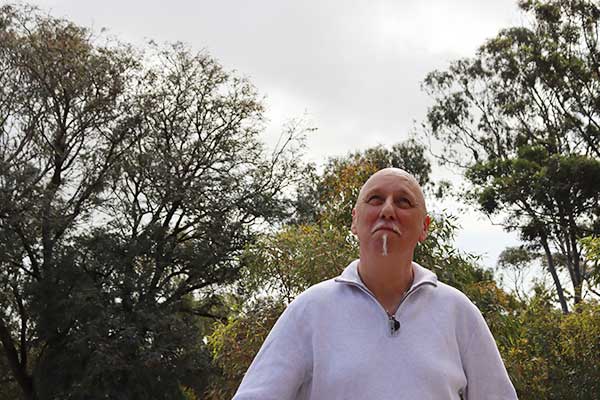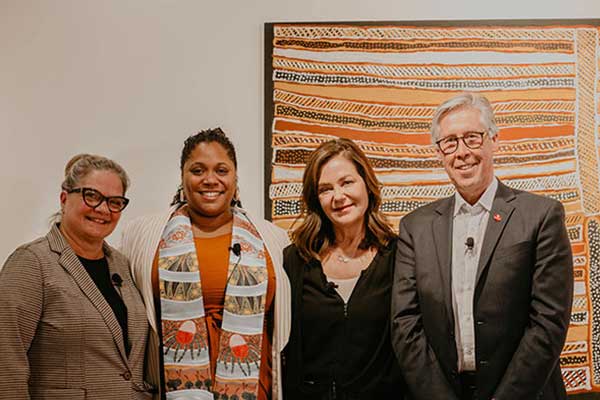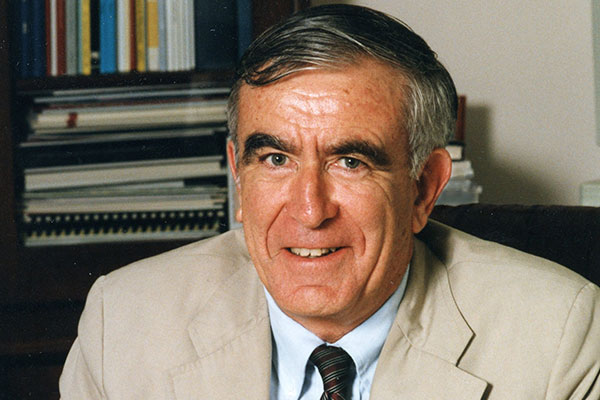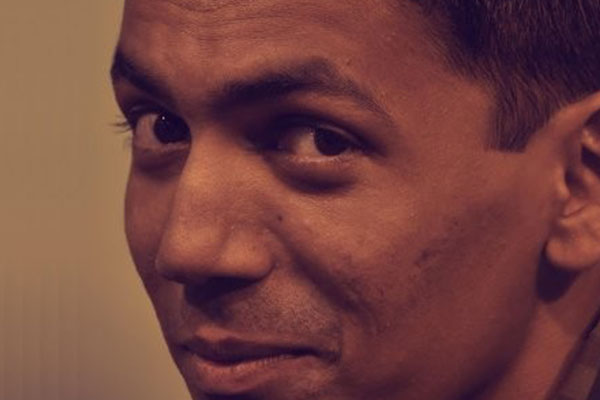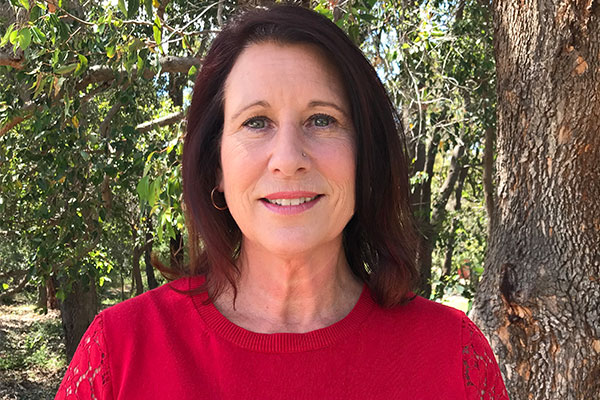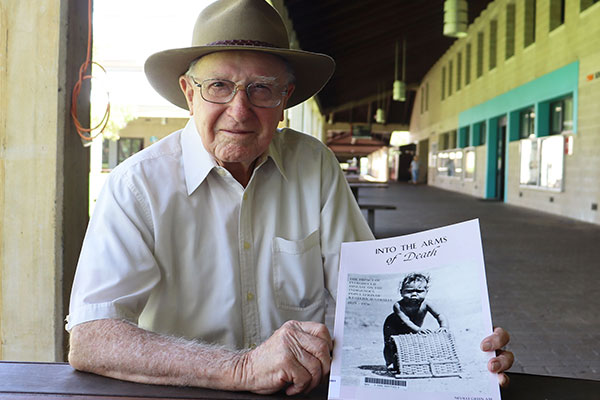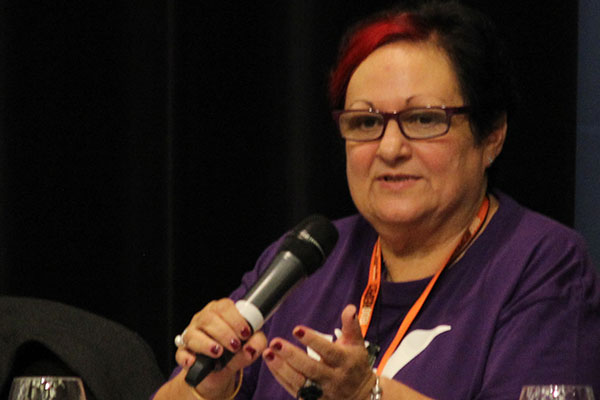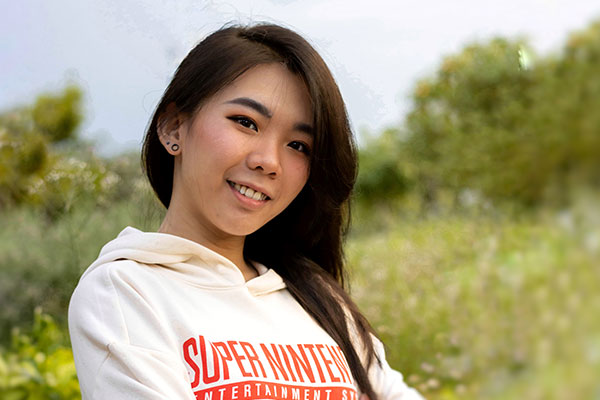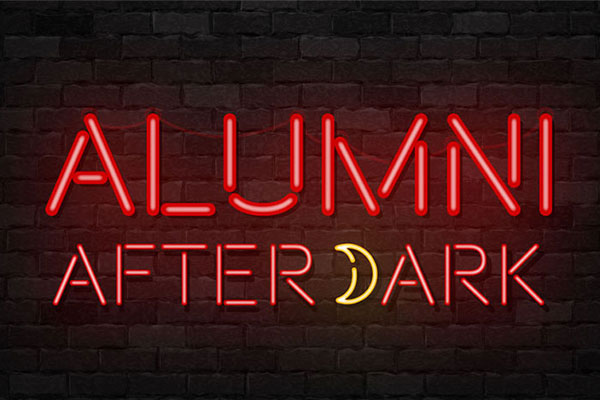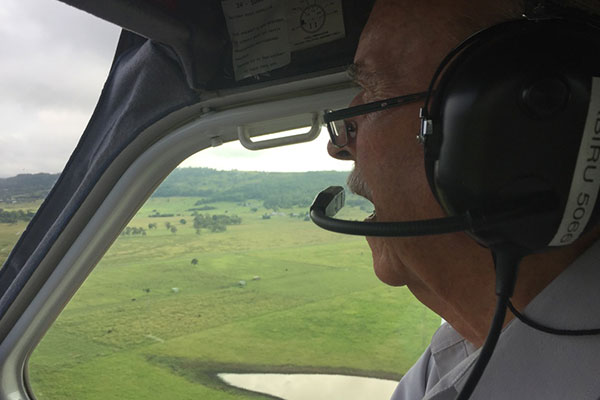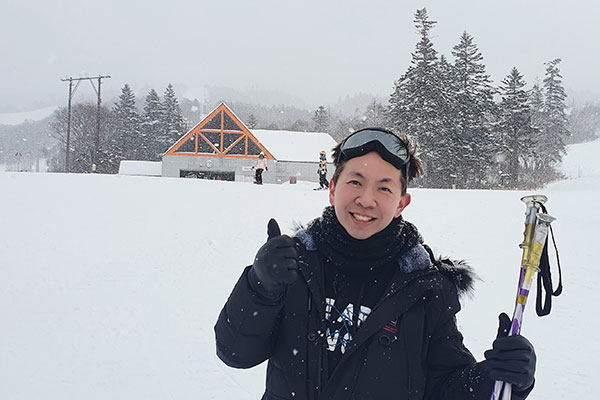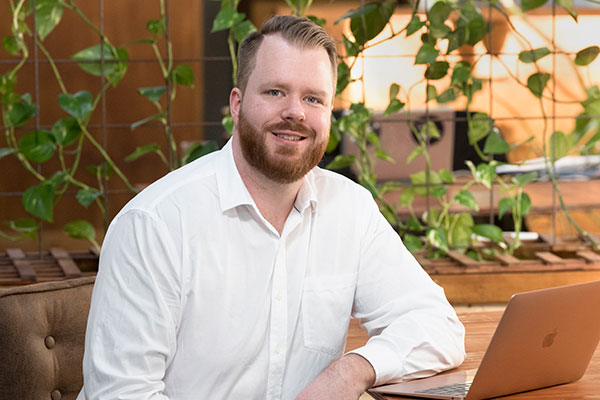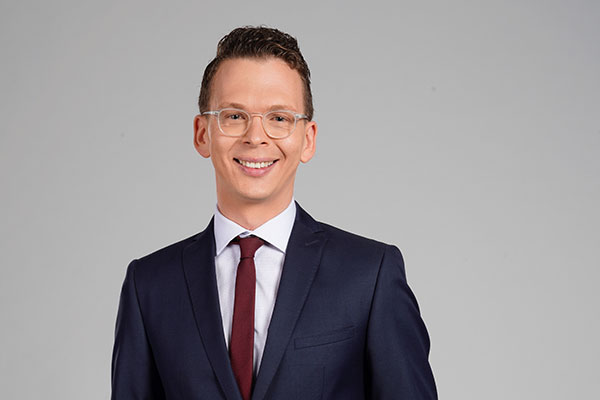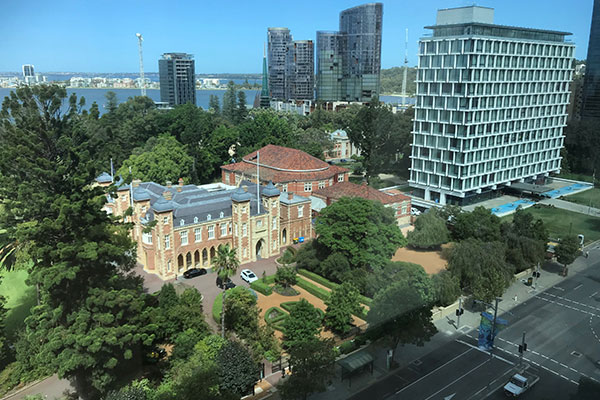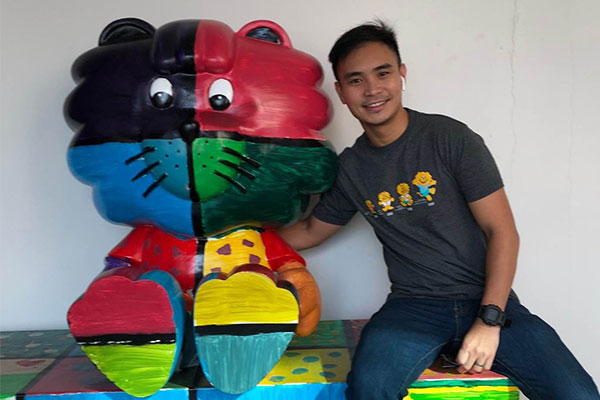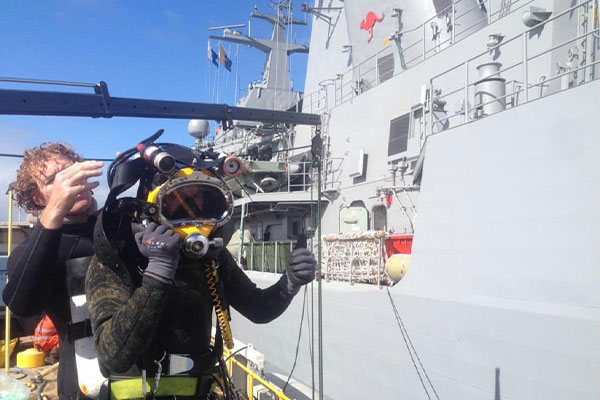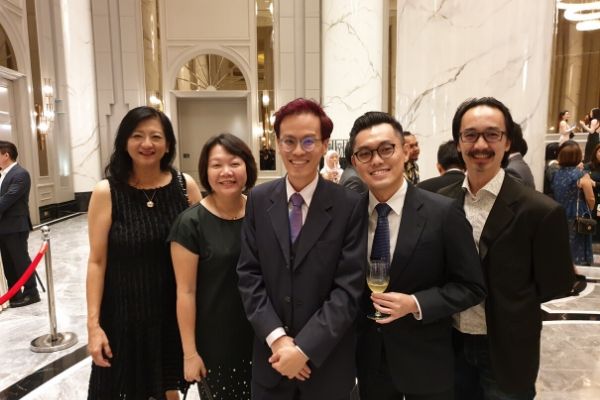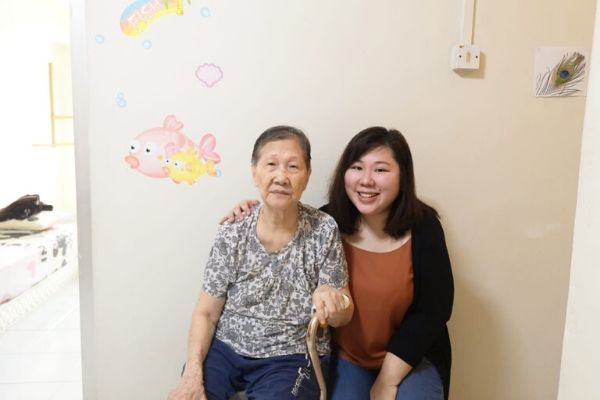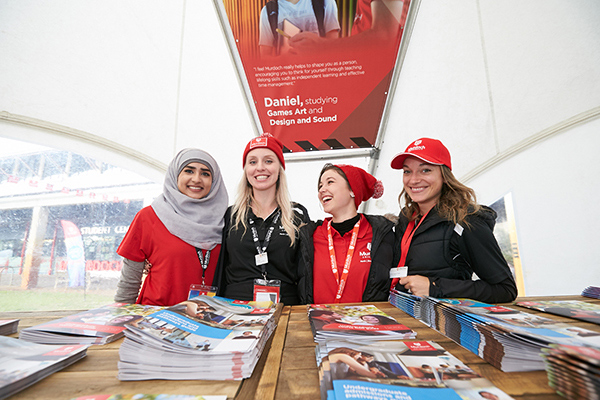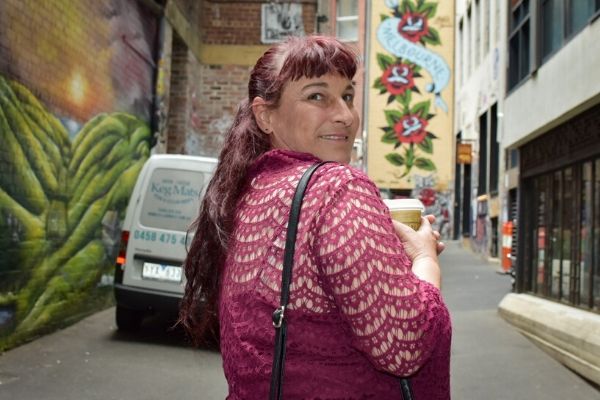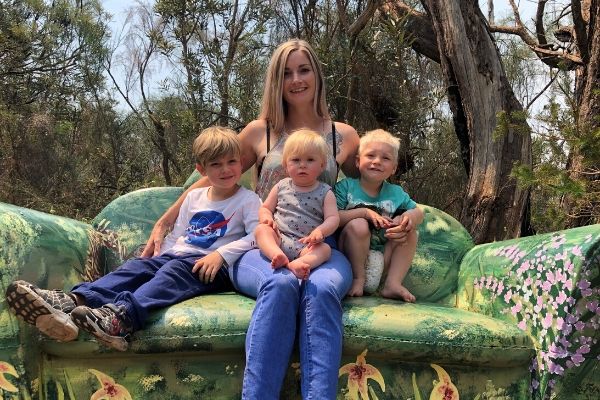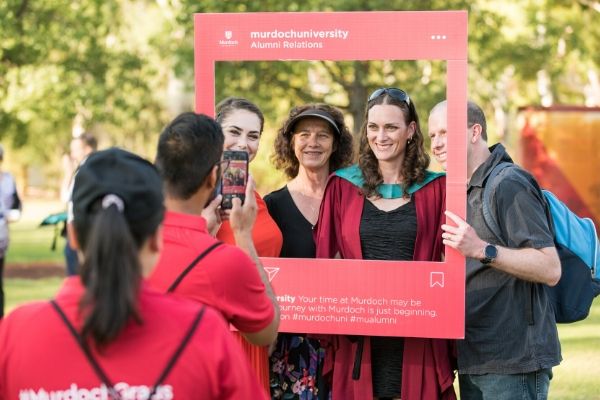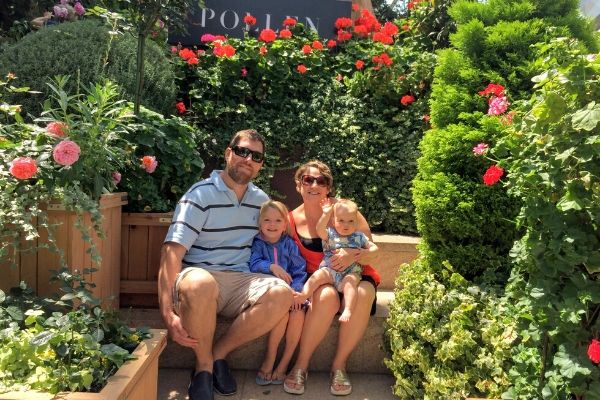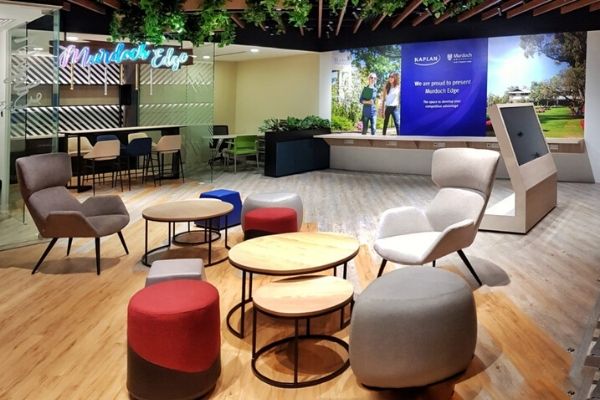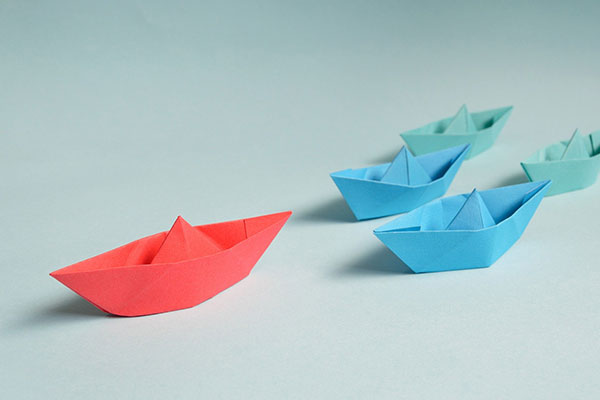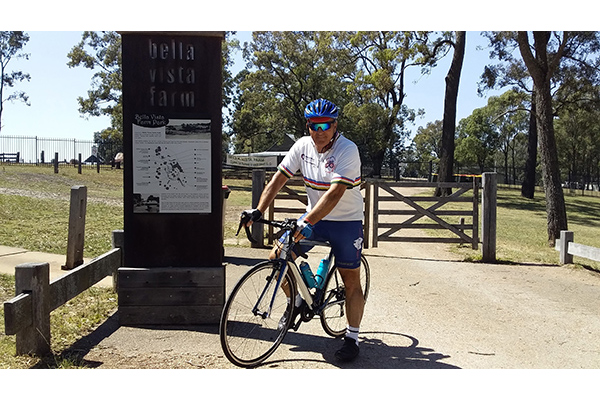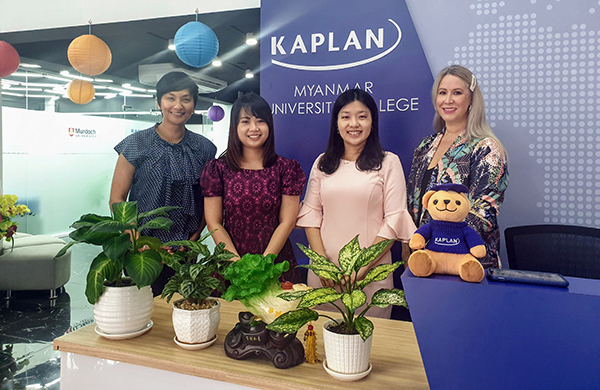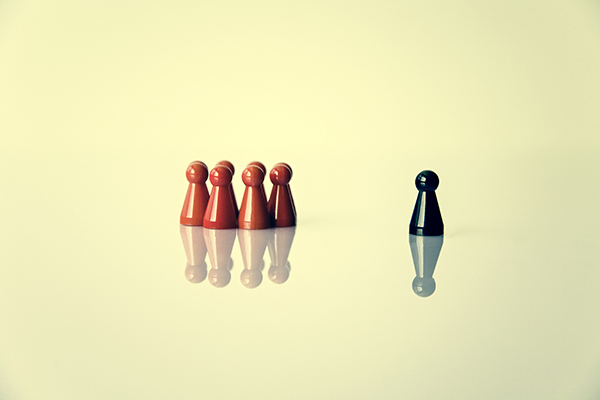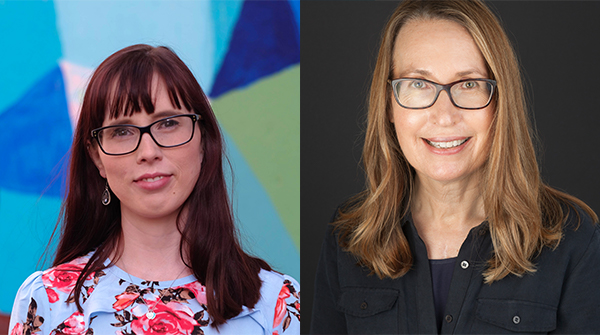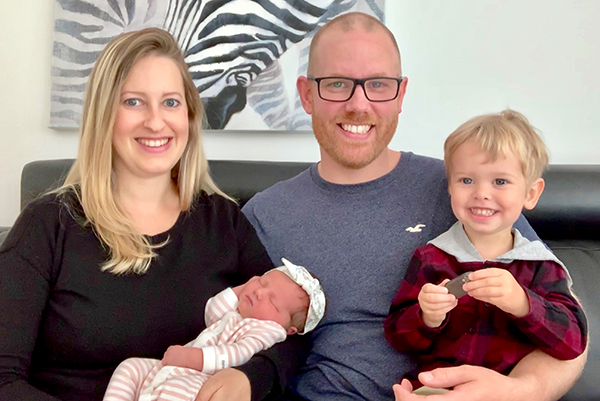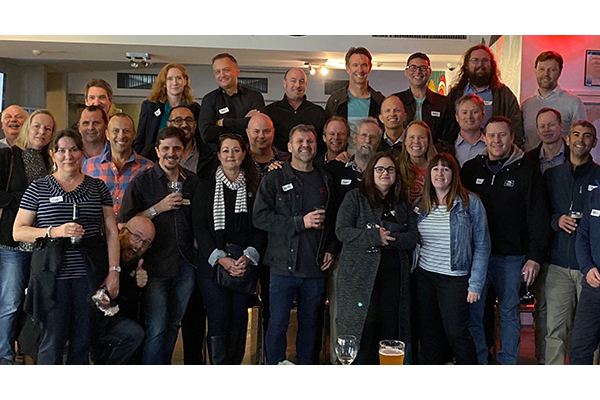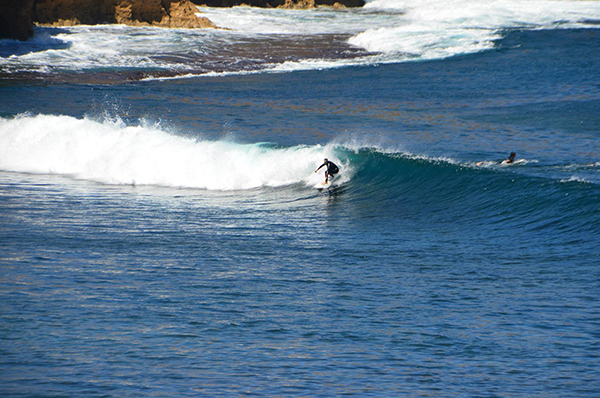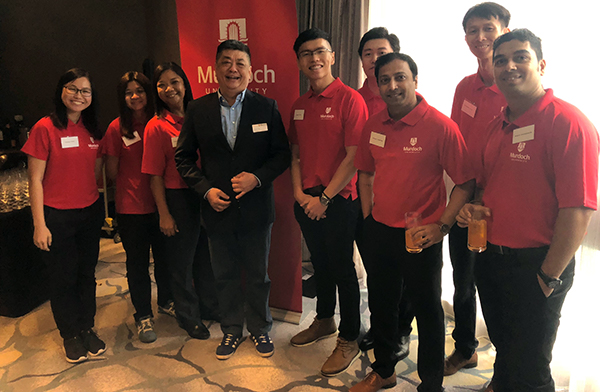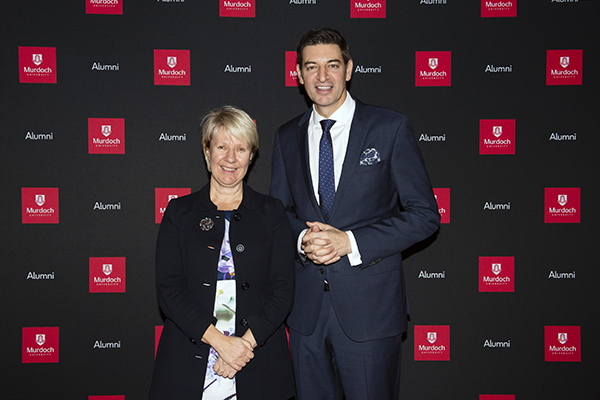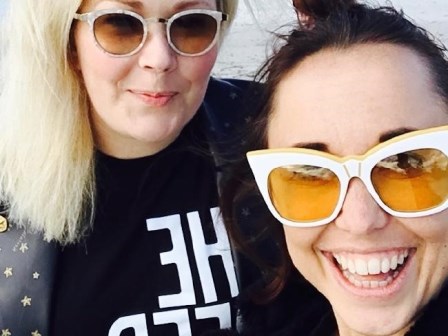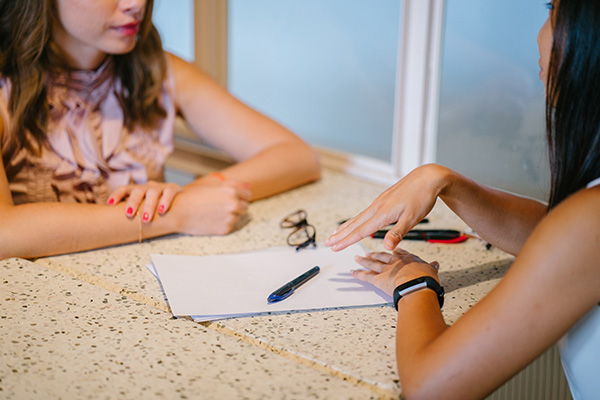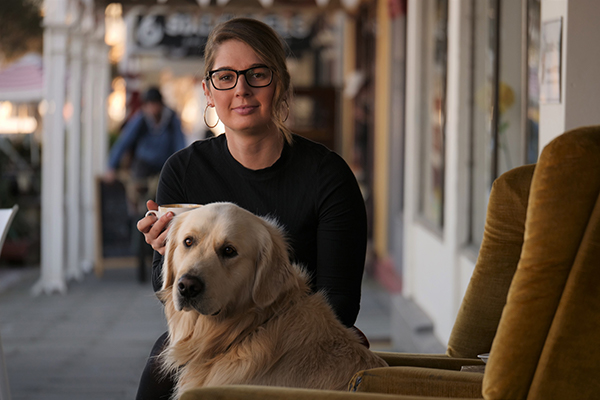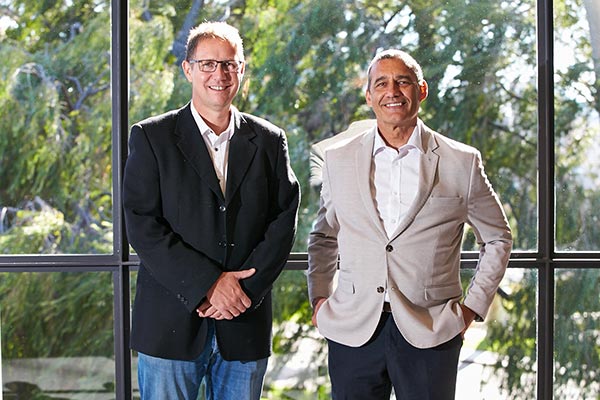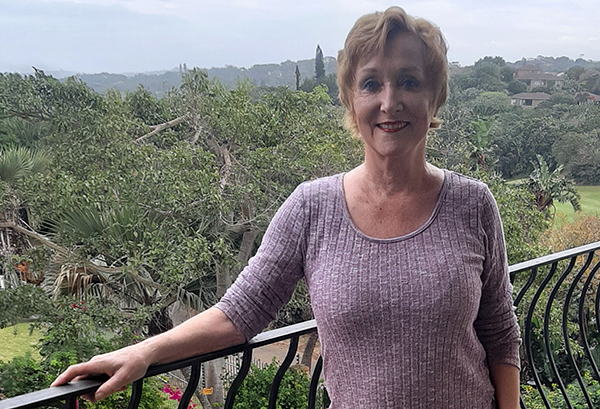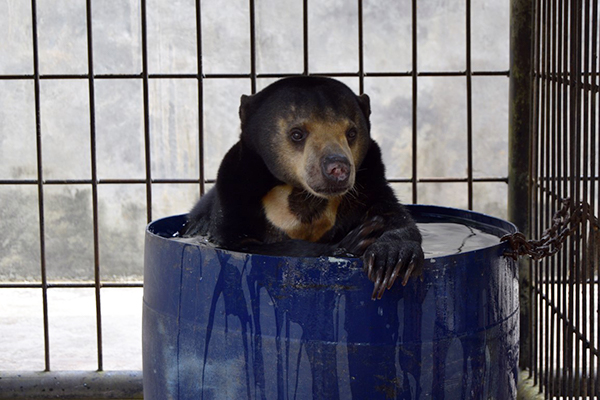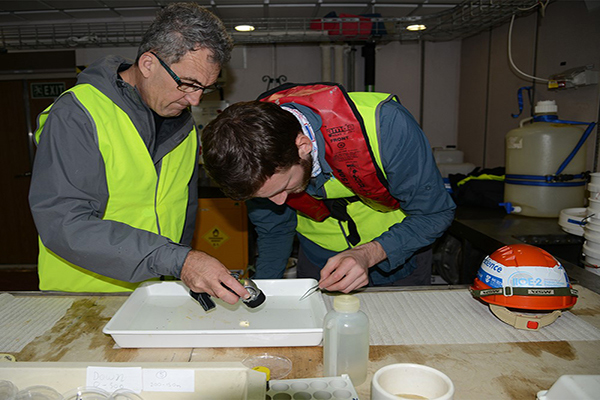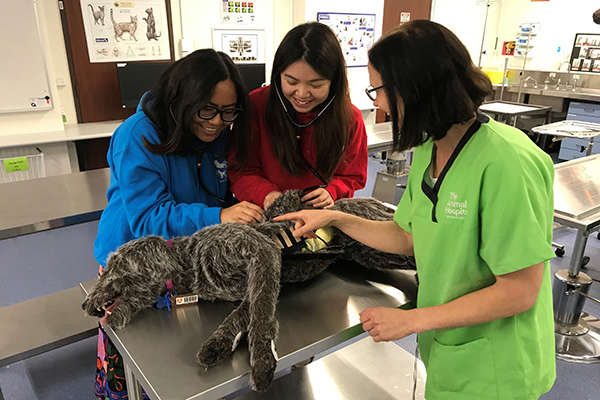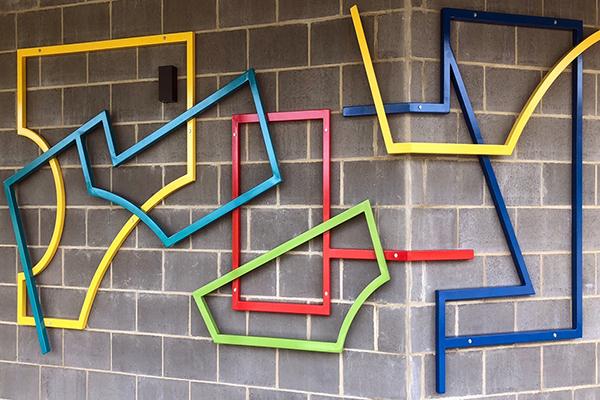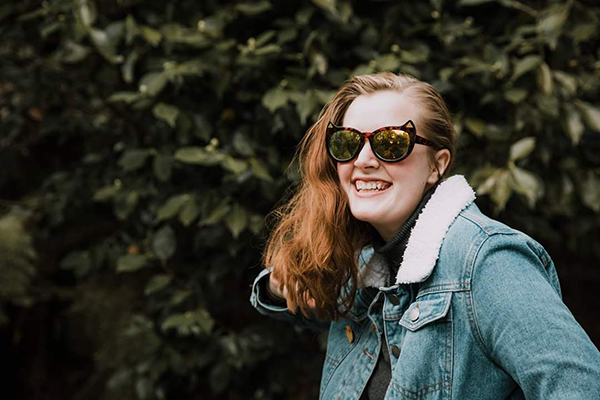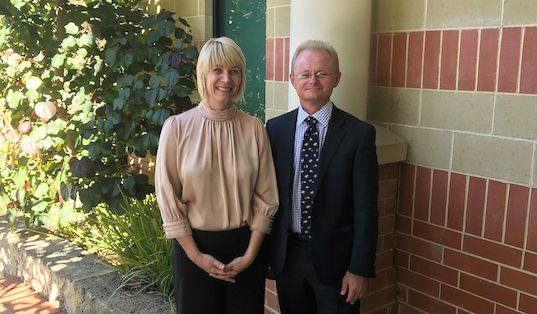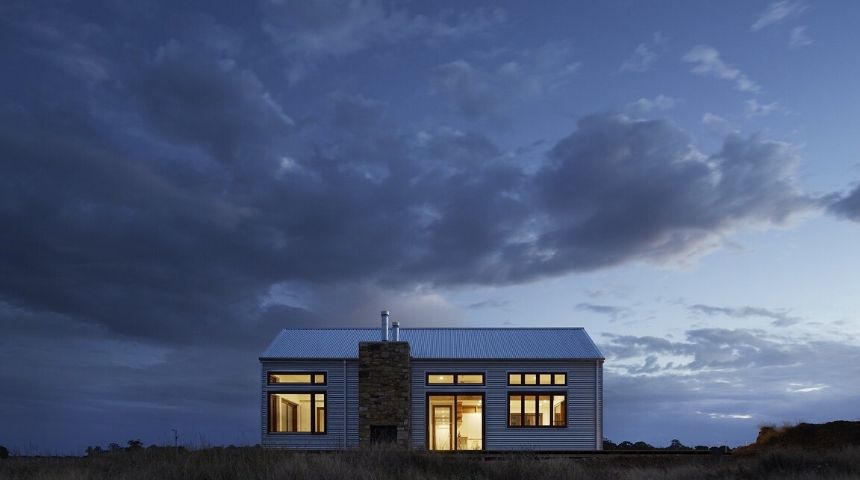
Murdoch alumni share the insights they have had during this period of isolation.
Most of us have been spending an unprecedented amount of time shuttered up in our own homes. Away from friends and family, with many of our regular activities unavailable for the first time in our lifetime. Zoom has become a common noun and a universal greeting, the handshake, has become taboo.
Murdoch alumni have kindly taken the time to share some of the wisdom gained during this strange time when community life had to be put on hold...
I have realised that whatever obstacles I thought were there between me and what I want, or where I want to go, could have been overcome, and that times like this, where one is physically limited, only then can you understand how much freedom you truly had.
I believe there are many of us who, due to the lock-down, haven't been able to say their last goodbyes, either to those who departed during lock-down, or those who have departed.
I have learned that my truly valuable abilities weren't those I learned in any school.
I will stop taking mobility for granted, and I will see my close loved ones and relatives at least three times a year now.
I won't miss birthdays, weddings and funerals, won't miss every important moment in the lives of my loved ones, because there will come a time when those memories will be what constitutes our bonds, which fade if you keep postponing your life.
Kambar Kalekenov
B Commerce (Dubai) 2015
Love is the first word, but it is not uncomplicated. It involves care, but care also means irritation, anger, and impatience - then inventing alternative strategies. The only ‘person’ truly pleased by semi-lockdown is the dog, whose human hound-pack are all assembled and accessible. My Theology thesis is in abeyance due to a viral illness that does not seem to be COVID. This may be no bad thing - taking a break from an insanely narrow focus. It’ll get done (nearly is done) but currently in deficit re: intellectual energy. Beginning to turn thoughts in direction of ministry. I suppose, in final analysis, the striking part is the instinctive kindness of people one barely knows, and the power that imparts, that one may reciprocate in various directions, given that 'all matter is one’. And that goes for spirit too.
Lisa Davis
B Theology 2016
I have been working throughout the lockdown as I have volunteered and been deployed to take care of migrant workers. This is still on-going, but I thought to share my two weeks of experience thus far.
Working in hospital as an administrative staff member for nearly a year, the unexpected COVID-19 came to Singapore in late January. When the hospital called for volunteers to provide additional support for COVID-19 operations, I volunteered to sign up.
At the site, we have to be in full PPE gear. On the first day when I wore the full PPE gear for the first time, I felt excited, yet worried because where we are working there’s no air conditioning and you need to withstand the heat while in full gear. As someone who is afraid of heat, I am glad I have managed to continue to support the operations until today.
Working closely with nurses and doctors for the very first time in my life, to review migrant workers’ health conditions and attend to positive COVID patients, I am inspired by their resilience. I am touched by their compassionate heart in seeing the workers despite the warm environment, unlike in hospital where clinics have air conditioning and proper tables and chairs. At the site, doctors use wooden tables and coffee shop chairs and use basic medical equipment to assess the workers’ health conditions.
During my first day of duty, when the doctor was ready to assess positive patients, my heartbeat increased. I was scared but when I saw the positive spirit of the doctors and nurses, I decided to step into the positive patient zone and assisted them with admin matters. I was touched by how medical staff assess each patient with a caring heart. After the observation, I decided to tell myself to stand with them and render my best support for them. I am glad to see the workers’ health conditions are improving.
While I was halfway through tying the bio-hazard rubbish bags containing disposed materials from positive patient consultations, a nurse quickly came to me to remind me to remember to sterilise my hands with hand sanitizer after tying the bags. I was touched by their actions and how they looked out for everyone’s health safety. As there were many bio-hazard bags, nurses came to help me to tie. I teared up a little seeing their team spirit.
Throughout this time, I am getting first-hand experience of working with medical staff on the front line. I tell myself to stand together with the healthcare heroes until we defeat COVID-19.
Huang Fude
B Human Resource Management & Management (Singapore) 2016
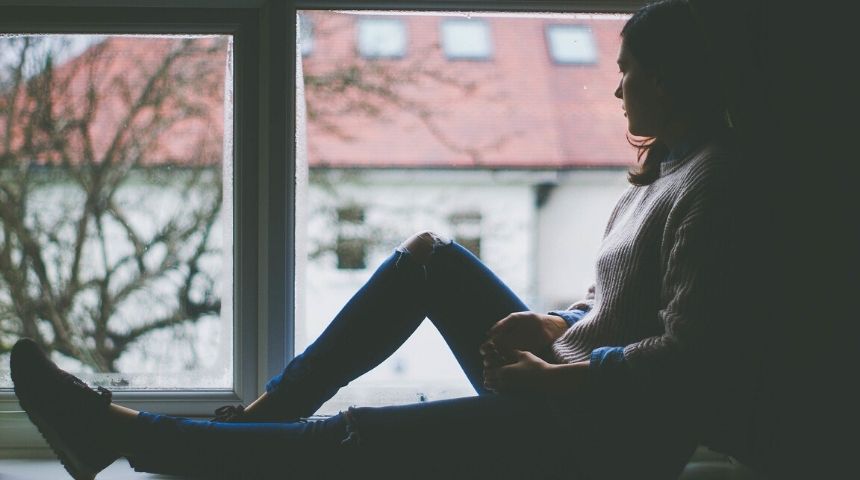
Before the lockdown, I considered myself to be a bit of an introvert–extrovert hybrid. As much as I enjoyed the small talk in the queue to get my groceries, I always appreciated the opportunity to go home to my nice, quiet house at the end of a long day of socialising. In fact, when our Premier announced the lockdown at the end of March, I was really looking forward to channelling that introvert side. I had my to-read pile all ready to go, my Netflix to-watch list all charged up, and enough tea to last me into the unforeseeable future.
Not even two days in, I realised I don’t have an introvert bone in my body. Things I never thought had the slightest impact on my life had suddenly left a gaping hole.
Banter with the barista over how many caffeine shots I require to get me through had no significance to me in the pre-COVID days. Now I crave the commute to work, purely for that type of mindless content.
Walking into a store and receiving the polite, robotic greeting from a shop assistant? Trying on clothes? Smelling candles? I can’t even fathom the thought of not appreciating these things again.
And how about sitting awkwardly in a restaurant as you wait for the waiter to take your order? That used to be a nightmare, but now it seems like a distant memory I eagerly anticipate re-living.
I know this may seem ungrateful and I’m not oblivious to how important the lockdown is for our safety, but for my new-found, strictly extroverted self, this is torture.
As I write this, I’m counting down the days until normal social interaction is no longer a luxury. But for now, I guess I will keep offering my postie a cup of tea everyday as she delivers my ridiculously pointless online shopping orders.
Kathryn McLean
Bachelor of Commerce 2016
The isolation has been a trying time, for a number of reasons. Trying to maintain a healthy work/life balance, trying to juggle (already tight) finances, trying to maintain a healthy lifestyle, readjusting to something completely new and different, being largely on your own and not exactly sure who is really there to support you, being away from loved ones, family, friends, partners... oh and then this whole COVID-19 thing which I guess was a bit of a bummer too! You see, I've recently moved to Sydney to find work that I could not find in Perth. I moved on my own, and have since faced a multitude of challenges and struggles. But there is one thing that has been a huge realisation to me, and has been highlighted even further by the current COVID-19 situation.
Since the world has essentially gone into lockdown, the talk of mental health has been at the forefront. Suddenly people are aware that for mental health to thrive, humans need their preferred and optimal environment around them. Some people can adapt a bit faster, others may need some help, and there is no shame in that at all. To compare it to a physical viewpoint, some people may find it easy to maintain their physical health and weight amidst the lockdown, while others may find it more difficult to readjust their physical body to a new lifestyle. This is the truth about mental health, the difference is that nobody else can see it happening.
Mental health is still not talked about enough. Having studied it, and being around it constantly for work purposes, and being in a working environment with people who understand it and the impacts it has and how differently it can affect everyone, to the common person there are still so many misconceptions and judgements around it. People hear the words 'mental health' or 'depression' or 'anxiety' or even 'psychologist' and before you know it, someone has been tarred with that brush and the perception of them is altered for the worse. Of course the stigma is a lot less now than it was previously, but it there is still work to be done.
There are many reasons why looking after mental health is important. I know that in this time, people are now, more than ever, looking out for each other, checking in to see if their friends and family are doing ok, keeping well and coping ok. This gives me hope that maybe once the lockdown is over and restrictions are lifted and people return to their daily lives, that this can continue. We need to ensure that it does. It is ok to not be ok, because as long as we have each other, we can get through anything.
Clement Paik-Swan
GradDip Psychology, 2017
